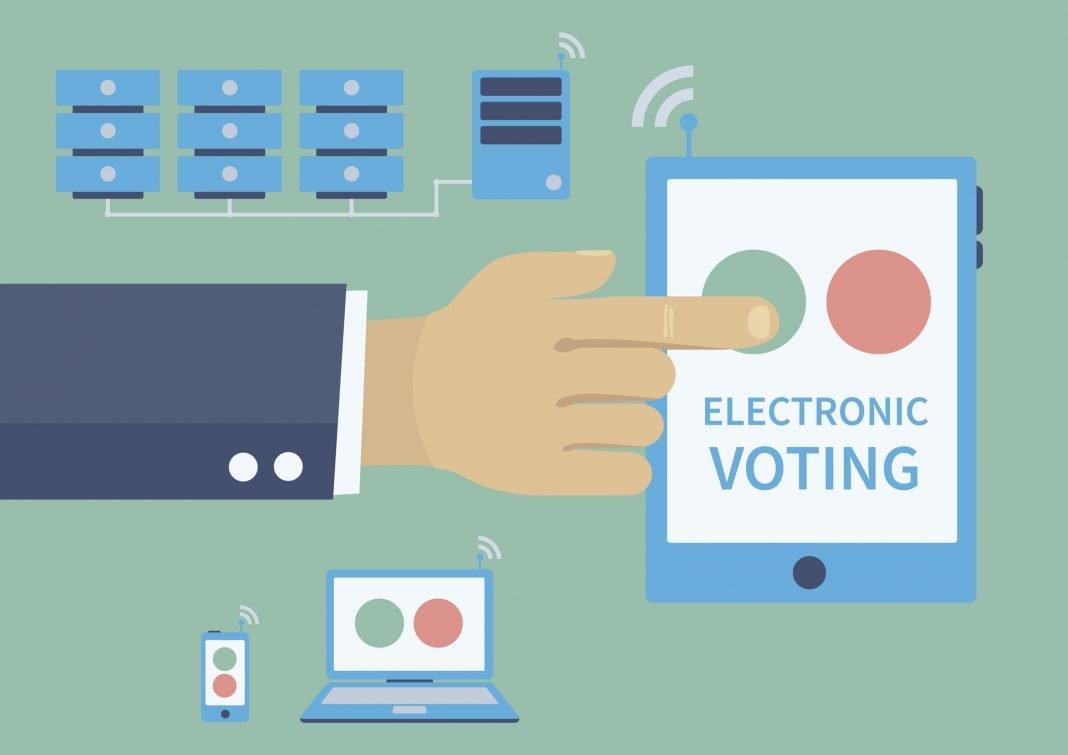Our collective need for up-to-the-minute voting results may comes at the expense of election security, according to a recent article from the Intercept, which described how the expectation of near-instantaneous voting tallies is pushing practices that are fundamentally insecure, including Wi-Fi enabled voting machines and digital-only ballots.
“We don’t need to look far to see examples of what happens when a jurisdiction doesn’t report quickly…it can jeopardize the reputation of the election official, their office, and call into question the legitimacy of the election itself,” said Tammy Patrick of the Democracy Fund.
While paper ballots and non-digital voting methods aren’t infallible, the practice of transmitting election results wirelessly creates an opportunity for hackers to intercept and/or adjust them without detection. “[C]orruption/disruption of electronic systems (ballot or otherwise) can be done without detection… from almost anywhere on the planet,” said computer science professor Duncan Buell in the article.
The pressure for potentially insecure technology isn’t just media-related. Increasingly, voting machine manufacturers are looking for new whiz-bang features to market their machines. In a blog post from Votem, a mobile-centric voting platform, Director of Certification Dave Wallick described the biggest challenge as introducing new technology to a potentially skeptical public, rather than maintaining its ability to be verified or fully secured.
An election security bill collapsed at the end of August, and a recent survey of 100 security experts showed that 95 of them thought state election systems didn’t sufficiently protect against cyberthreats. While election security has become a hot-button issue following the evidence of Russian interference in the 2016 election, many systems are still not secure despite indications that the 2018 midterm elections will be targeted.










